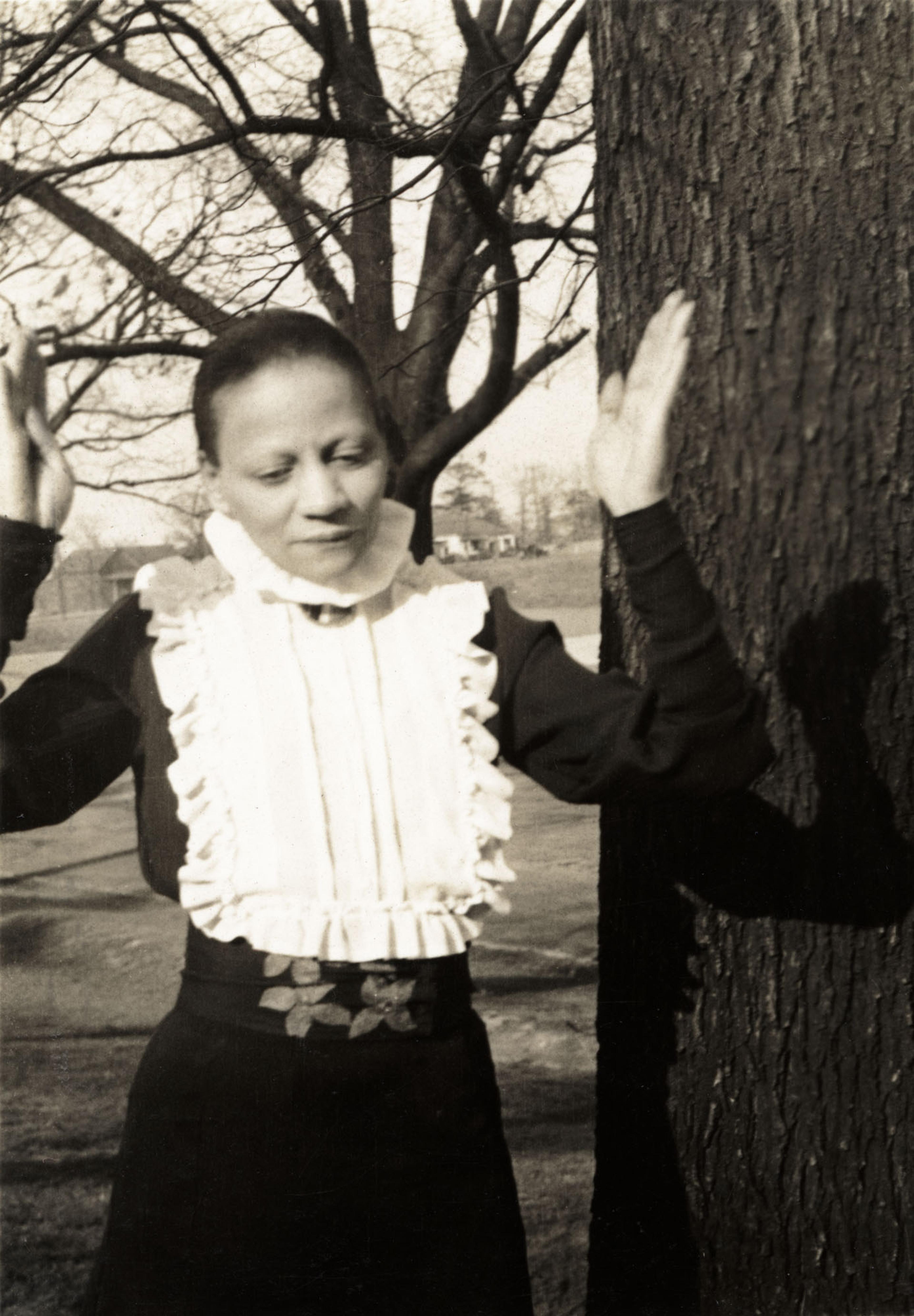Nancy Elizabeth Prophet: I Will Not Bend an Inch
1 of 9
As an Afro-Indigenous woman artist, Nancy Elizabeth Prophet (American, 1890–1960) pursued her practice in the face of entrenched racism and sexism. Her sculpture is unmatched in its emotional nuance and technical virtuosity, and her story is a model of unshakable determination. I Will Not Bend an Inch—the first museum examination of this underrecognized sculptor—honors Prophet’s remarkable work and legacy with timely new scholarship. Twenty rare works and historical documentation reveal how she navigated an unwelcoming art world.
Born in Rhode Island to a Narragansett father and a Black mother, Prophet became the first known woman of color to graduate from the prestigious Rhode Island School of Design. She then spent time in New York before moving to Paris. Despite earning critical acclaim in this period, the pinnacle of her career, she struggled with poverty and isolation, and several times found herself on the brink of starvation. Yet she remained dedicated to her practice. Nine portrait heads that she carved from hardwood, one belonging to the Brooklyn Museum, powerfully demonstrate Prophet’s skill—and are among only a handful of her works to survive. They are displayed alongside even rarer pieces, including marble carvings, reliefs, and works on paper.
Prophet’s correspondence with W. E. B. Du Bois, a lifetime supporter of her work, helps fill gaps in the artist’s biography, as do archival photographs and a fascinating Paris diary. Referencing a 1929 diary entry, the exhibition’s title embodies Prophet’s fiery spirit and commitment to her craft amid immense adversity.
A fully illustrated catalogue accompanies the exhibition, published by RISD Museum in association with Yale University Press, New Haven and London.
Nancy Elizabeth Prophet: I Will Not Bend an Inch is organized by the RISD Museum. The exhibition is curated by Dominic Molon, Interim Chief Curator & Richard Brown Baker Curator of Contemporary Art; Sarah Ganz Blythe, former Deputy Director of Exhibitions, Education, and Programs; and Kajette Solomon, Social Equity and Inclusion Specialist, RISD Museum. The Brooklyn Museum presentation is organized by Catherine Morris, Sackler Senior Curator, Elizabeth A. Sackler Center for Feminist Art, with Carla Forbes, Curatorial Assistant, Elizabeth A. Sackler Center for Feminist Art, Brooklyn Museum.
Generous support is provided by the Maurer Family Foundation and Tina Estes Novogratz.
This exhibition originated at the RISD Museum thanks to generous federal, private, and endowment support.
Organizing department
Elizabeth A. Sackler Center for Feminist Art







